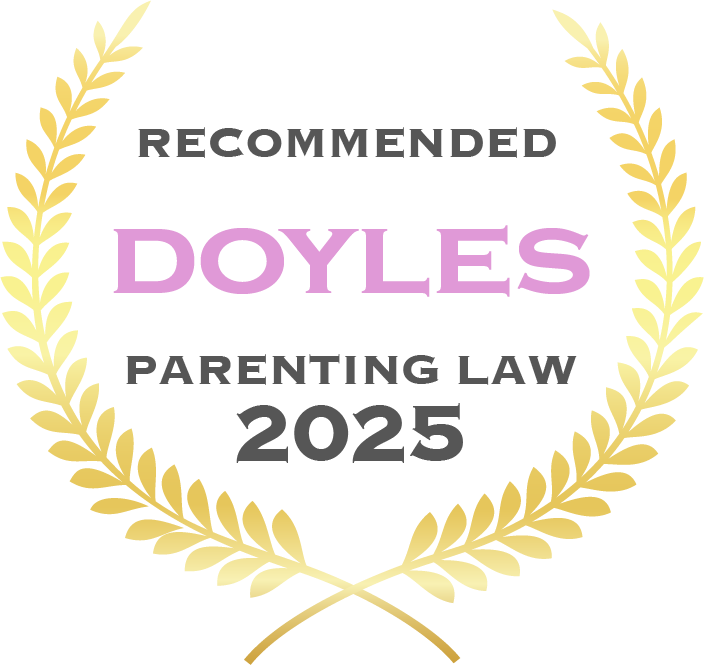
Understanding Family Violence
Family violence is never “just a private matter”. It can involve physical assault, threats, emotional abuse, controlling finances, stalking, damage to property, or any behaviour that leaves a family member feeling fearful or powerless. Australian family-law legislation recognises the breadth of this harm. Under section 4AB of the Family Law Act 1975 (Cth), family violence is defined as “violent, threatening or other behaviour” that coerces or controls a family member or causes them to be afraid. Examples in the Act range from assault and sexual abuse to isolating someone from friends and family or withholding essential money.
Take the First Step Today
You do not have to face family violence alone. Early legal advice can make an enormous difference to your safety, your children’s wellbeing, and the overall direction of your matter. Call Stanley & Co Lawyers on 08 7001 6135 to speak with an experienced Family Lawyer. Your first 30-minute consultation is complimentary and completely obligation-free. Reach out now, peace of mind and practical protection are only a conversation away.
Helpful Questions & Answers
Heading 1
Heading 2
Heading 3
Heading 4
Heading 5
Heading 6
Lorem ipsum dolor sit amet, consectetur adipiscing elit, sed do eiusmod tempor incididunt ut labore et dolore magna aliqua. Ut enim ad minim veniam, quis nostrud exercitation ullamco laboris nisi ut aliquip ex ea commodo consequat. Duis aute irure dolor in reprehenderit in voluptate velit esse cillum dolore eu fugiat nulla pariatur.
Block quote
Ordered list
- Item 1
- Item 2
- Item 3
Unordered list
- Item A
- Item B
- Item C
Bold text
Emphasis
Superscript
Subscript
Children’s Safety Comes First
The law also protects children who witness or are exposed to violence. A child who overhears threats, comforts an injured parent, or sees property smashed is legally regarded as having experienced family violence. When courts make decisions about children, they must treat the best interests of the child as the paramount consideration. One of the foremost factors is ensuring each child’s safety from violence or abuse (section 60CC(2)(a) Family Law Act). The court must actively weigh any history of family violence orders or allegations before making or changing parenting arrangements.
How the Courts Respond
Parenting orders and protection orders
If a parenting order clashes with an existing family-violence order, the court has special powers under Division 11, Part VII to resolve that conflict. The purpose of these provisions (outlined in section 68N) is to ensure children and caregivers are not placed at risk when spending time together. In some circumstances a family-violence order will override an earlier parenting order; in others, the court can vary or suspend parenting terms so that protective conditions stay intact (see sections 68Q–68R).
Exemptions from mediation
Ordinarily, separated parents are expected to attempt family-dispute resolutionbefore applying to court. However, when there are reasonable grounds to believefamily violence has occurred, or there is a risk it might, an immediate courtapplication can be made without mediation (section 60I(9)–(10)). This preventssurvivors from being forced into unsafe joint sessions and allows the court toput urgent safeguards in place.
Practical Protections Available Now
- Police or Magistrates’ protection orders (often called Intervention Orders or Domestic Violence Orders) can offer swift, enforceable conditions covering contact, residence, and even firearms.
- Urgent parenting orders can be sought in the Federal Circuit and Family Court of Australia to keep children safe or locate and recover a child who has been removed.
- Safety planning and referrals—we work closely with specialist support services, counsellors, and crisis accommodation providers so you are protected on every front, not just in the courtroom.
Our Approach: Compassionate, Clear, and Protective
Talking about family violence can feel overwhelming. At Stanley & Co Lawyers we listen without judgment, explain your rights in everyday language, and move quickly to secure the orders you and your children need. You will have a dedicated family-law solicitor - never a revolving door of contacts - guiding youthrough each step and keeping legal jargon to a minimum.
We combine genuine empathy with firm advocacy. That means:
- Clear advice on the likely outcomes and timelines.
- Strategic applications that place safety front and centre, whether in negotiations or court.
- Regular updates so you always know what happens next.
Why Choose Stanley & Co Lawyers?
- Specialist family-law focus - we practise exclusively in family and domestic-relationship matters, so you benefit from deep experience.
- Legislation-led guidance - every recommendation is grounded in the Family Law Act 1975, the Marriage Act 1961, and the latest case law.
- Holistic support network - we connect you with counsellors, financial advisers, and community resources to rebuild stability beyond the legal process.
- Flexible communication - phone, video, or in-person meetings at times that work for you.
27
Combined Years Of Experience
Awards & Affiliations







.png)




.png)


.png)


.png)








